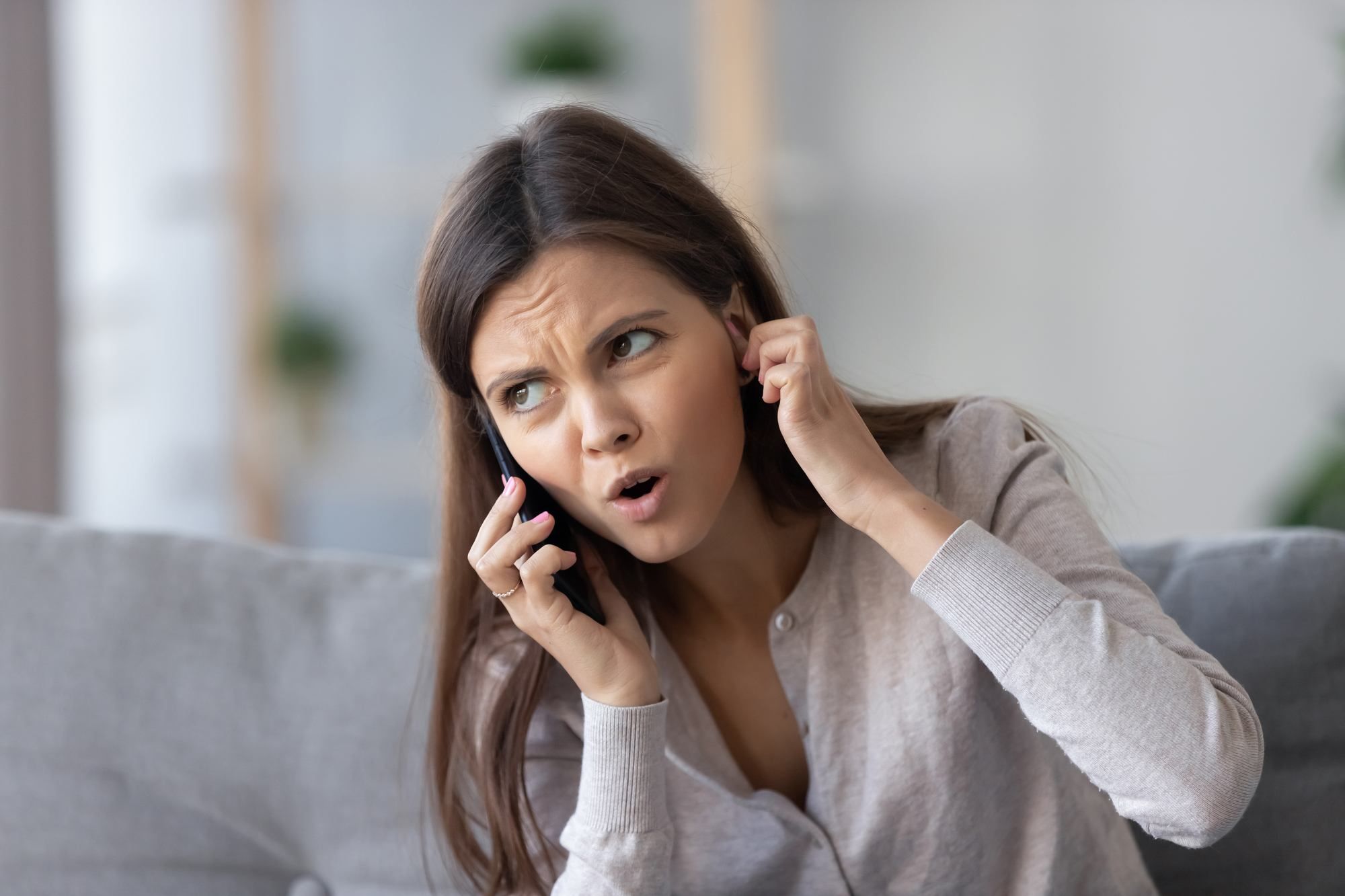Neighbor spoofing is the practice of disguising telemarketing calls as local phone calls by having a phony local number show up on caller ID. In some circumstances, federal law prohibits neighbor spoofing.
Are All Annoying Calls Illegal?
Unfortunately, not all annoying calls are illegal. However, some calls may be prohibited by federal consumer laws. Some of these laws allow consumers to take legal action and recover compensation.
What Is Neighbor Spoofing?
Neighbor spoofing, according to the Better Business Bureau, is the practice of robocalling using phone numbers similar to the call recipient. This is becoming more common in telemarketing scams and can be a source of confusion and frustration.
Consumers may pick up telemarketing calls because it looks like it’s coming from a local phone number, only to be surprised and annoyed to hear telemarketers or prerecorded messages on the other end of the line.
What Makes Neighbor Spoofing Illegal?
Neighbor spoofing may violate the Truth in Caller ID Act. This 2009 federal law aimed to make neighbor spoofing illegal if it was done “with the intent to defraud, cause harm, or wrongfully obtain anything of value.”
If companies are found “to cause any caller identification service to knowingly transmit misleading or inaccurate caller identification information with the intent to defraud, cause harm, or wrongfully obtain anything of value,” they may face criminal fines of up to $10,000 per violation.
What Does TCPA Protect?
Calls that violate the Truth in Caller ID Act may often violate the Telephone Consumer Protection Act (TCPA), too. In an effort to protect U.S. citizens from annoying telemarketing calls, Congress in 1991 passed the TCPA, which is one of the most well-known robocall acts. Since then, the TCPA has been repeatedly expanded and amended to keep the federal law relevant among technological advances.
A variety of behaviors are prohibited under TCPA, including:
- Placing robocalls through the use of an automated dialing machine and/or pre-recorded message
- Sending unsolicited text messages without prior consent
- Calling or texting people without an established business relationship
- Failing to provide an opt-out option for calls or texts
- Calling numbers despite the contacts being listed on the National Do Not Call Registry or on a company-specific “do-not-call” list
- Sending unsolicited advertisements to any fax machine
Consumers who are faced with these annoying and illegal behaviors may be able to take legal action against the offending businesses. Consumers may be able to recover between $500 and $1500 for each violation.
This means that a company sending seven illegal texts can result in more than $10,000 in damages for a consumer. Even if a lawsuit does not go to trial, a settlement with the defendant can mean lucrative payments for consumers who received calls, texts, or fax messages in violation of TCPA.
 Is There a Way to Fight Neighbor Spoofing?
Is There a Way to Fight Neighbor Spoofing?
Due to the number of people who have experienced neighbor spoofing, including some who have fallen for the caller’s scams, consumer advocates are fighting for the Federal Communications Commission (FCC) to take a bigger stand, and for the phone industry to adopt caller authentication systems.
What if I’m Being Spoofed?
If you are notified by other people that your number is on their caller ID but you never called them, this is the first sign that the number has been spoofed. It’s a good idea not to answer any calls from unknown numbers. The good news is that most spammers use a number for a short period of time and then switch to another one, so it’s possible that your number will quickly be discarded by the spammers.
What Happens if I Receive a Neighbor Spoofing Call?
The FCC recommends against answering calls from unknown numbers. If you do answer an unknown number that looks like it could be from a neighbor and it turns out to be a scam caller, it is wise to simply hang up. Even if the recording or caller tells you to push a certain button to indicate you don’t want to be contacted again, this may be a ploy to determine whether the phone number is attached to an actual person. People who receive calls from unknown numbers, even if these numbers appear similar to your own, may want to be wary of giving out any information to the caller, including identifying information or information that could be used to gain access to your financial accounts. Additionally, if you receive a scam call that is spoofing as a neighbor call, you may want to report these calls to the FCC.
In order to avoid receiving these calls in the future, you may be able to install call blocking software on your phone. Some phones come with this ability built in, and some cell coverage carriers such as AT&T, Verizon, and T-Mobile offer these services to customers. Even if your cell phone or cell carrier does not offer call blocking, you may be able to install a paid or free that can detect potential spam calls, even if they are spoofed. However, these apps are not guaranteed to catch every spam call before it comes through. If you continue to receive spoofed spam calls, you may want to speak with an experienced attorney about what your legal options are.
Can These Callers Show Up as Blocked?
If a number shows up as blocked or as a potential scam on the phone screen, there is a good chance that the number has been spoofed. It’s a good idea to avoid answering any of the calls from a number like this. Plenty of spoofed numbers, however, appear to be legitimate when they first come in.
Some new apps that collect data on consumer complaints or past call patterns are designed to help consumers flag fraudulent calls.
This article is not legal advice. It is presented
for informational purposes only.
ATTORNEY ADVERTISING
Top Class Actions is a Proud Member of the American Bar Association
LEGAL INFORMATION IS NOT LEGAL ADVICE
Top Class Actions Legal Statement
©2008 – 2024 Top Class Actions® LLC
Various Trademarks held by their respective owners
This website is not intended for viewing or usage by European Union citizens.


 Is There a Way to Fight Neighbor Spoofing?
Is There a Way to Fight Neighbor Spoofing?







23 thoughts onIs Neighbor Spoofing Illegal?
add me
Add me they call from local numbers so I answer but not local
Please add me. They call all day almost every day.
.
I keep detailed records on my lines and I am getting dozens of calls from legit businesses. I also have ads for a certain wifi and satellite tv provider with contact info auto updated into my contacts list. I go to scroll for susie doe and find a huge ad in my contacts list, ready to call.
I have saved phone numbers, voicemails, I get calls all day long. Please include me.
My number if I don’t answer please leave me a mess I will call back
817-550-7519
Please add me also.i get several calls a week.some from the same number several times a day.
Please add me.
Add me. I got calls from my own phone number.
I would like to know if a regular land line is eligible for this type of law suit, our family has been receiving robocalls calls at all times of the day and night. It has been so bad we actually disconnect our phone at night and keep it plugged in during waking hours only. These calls originate internationally and even with a nomorerobo block on our line we received the calls.
This started in February of 2019, after receiving a telemarketing call about a free back brace, I told the caller we were not interested, he said if I hung up on him I would be sorry. After that call the international calls started. Not sure if its associated but the calls are very frustrating.
Please add me as i get at keast 10 call per week